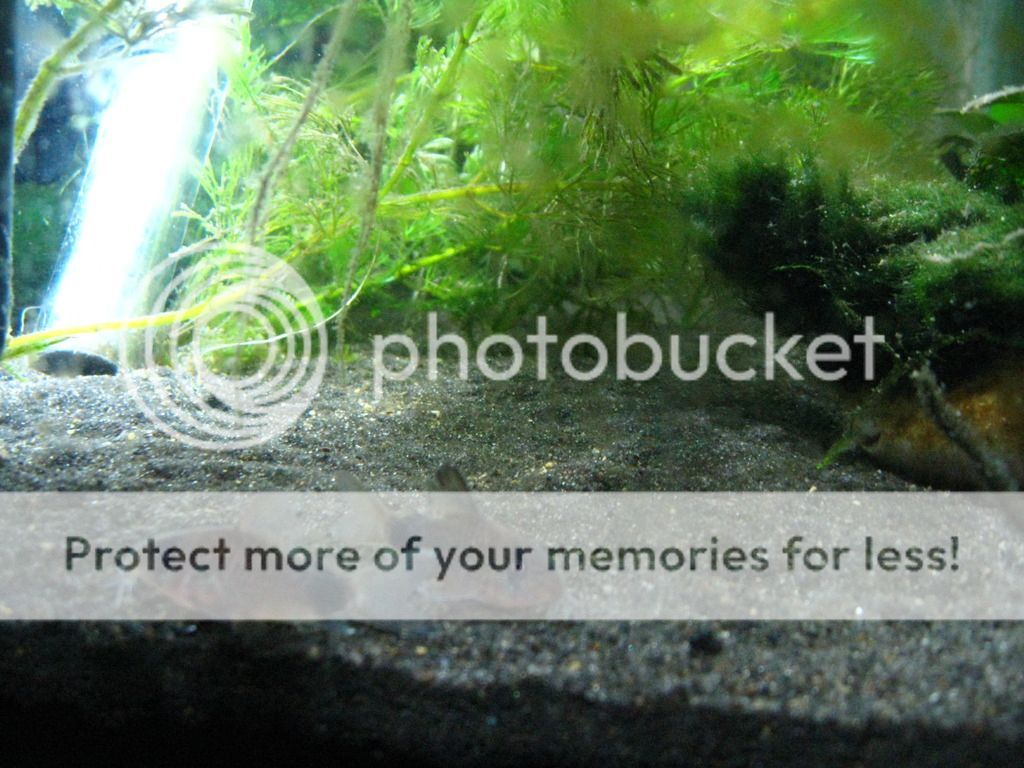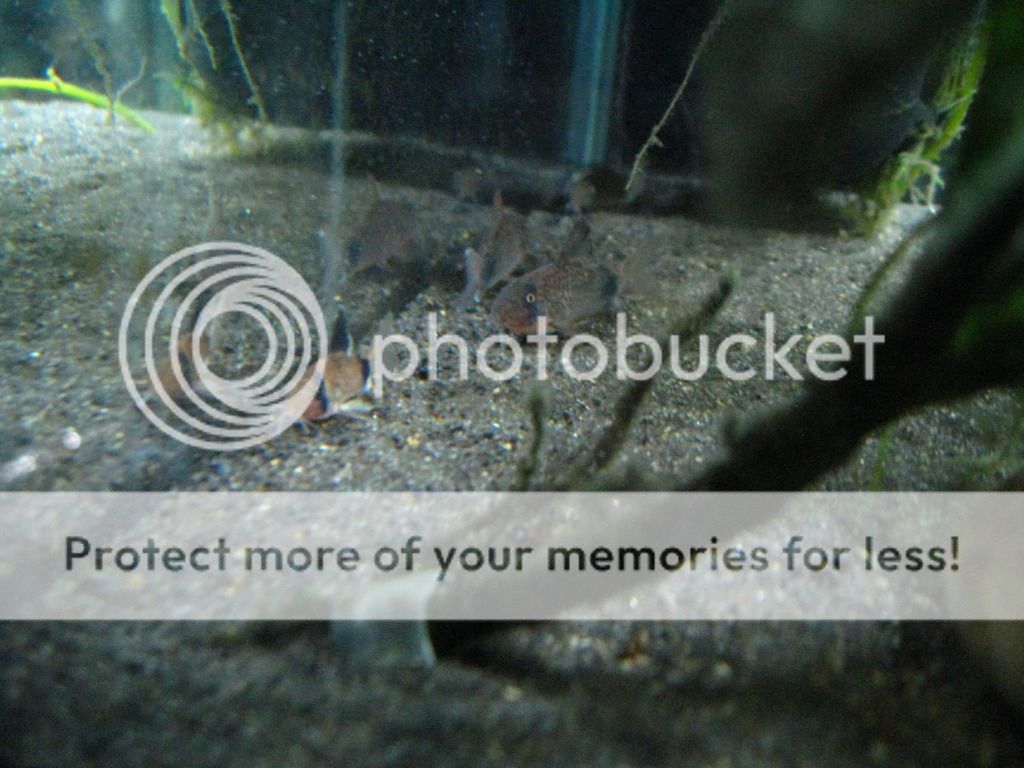Corydoras (and all fish really) can change their colour quite significantly when stressed, sick, due to water paramaters, temperature and on occasion a whim. With your little corys changing colour I am willing to bet its something to do with the water changes. Either the pH is changing or they are getting stressed by the water change process. Some of my fish adore the water change process and come out to play and nose about in the stired up water, while others take to hiding in the furtherest corner waiting for the invasion to be over, then come out again as happy as Larry to cruise the tank once more.
With regards to reseach, I guess I am going to show my age here....
But I always purchased a book related to the subject I was researching before leaping in and getting that particular animal or plant. Mostly because as a kid computers where not household items (and even when more people where getting them at home my parents refused to fork out that sort of money), the internet was interwhat? So it was talk to people with experience or find books to point me in the right direction. Even to this day I have books that reach back to my childhood and published/ copy righted before I was even born e.g 1969, but much of the information is still good and relevant. As a kid I often had friends that where actually old retirees that I had got to know through the bird world, these old timers often had a wealth of old remedies that did work for certain ailments that to this day more modern keepers are struggling to cure. For example Sour Crop in birds is lethal if not treated, but a simple remedy I heard of was to put a tiny speck of Condies Crystals (Potassium permanganate) in the birds water. Just enough to turn the water a very pale pink.
From watching animal/ pet related shows I filed away useful tidbits of information, like drugging cats/ dogs (always with prescribed suitable drug acquired from a vet) to make them drousey/ sleepy for travel on airlines. Instead of using the drug for travel, I have used the same drug to pacify a cat in order that it could be shaved to help it through our HOT humid summer. It was pet shows that also I think first alerted me to household dangers for our pets, chocolate, certain indoor plants, onion, tefflon burning off cooking utensils making a harmful gas that can kill birds.
The long and the short we are surrounded by information be it right or wrong and it is up to the individual to wade through the mis-information and retain the correct and then we can use the internet as it had always been intended to help spread the correct information.




 /aquariumfish.net/images_01/panda_corydoras_130516a3_w0640.jpg
/aquariumfish.net/images_01/panda_corydoras_130516a3_w0640.jpg